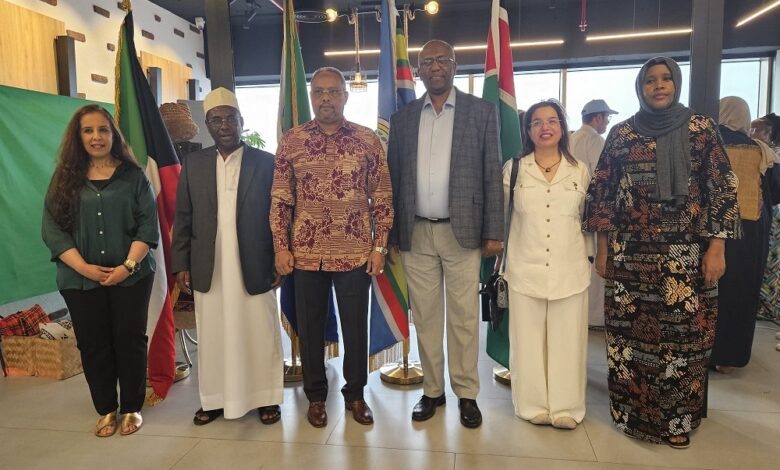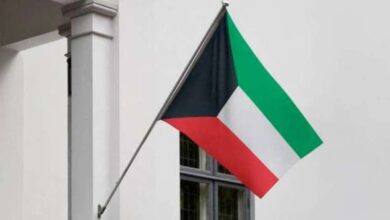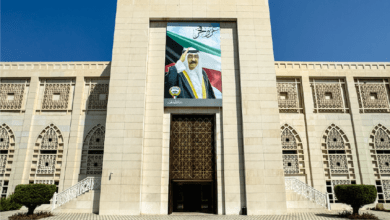Kenya, Tanzania embassies mark International Swahili Language Day
A joint statement issued by both embassies highlighted that Swahili is an indigenous African language and ranks among the top ten most widely spoken languages globally.

-
“I can bet that in the not too distant future, Swahili will become the de facto language of Africa. Swahili is easy to learn and is currently taught in numerous educational institutions worldwide,” said H.E. Halima Abdille Mohmoud, the Ambassador of Kenya to Kuwait.
-
The Swahili language is spoken by different ethnic groups either as a mother tongue or as a lingua franca to bridge communication gaps, with over 200 million speakers worldwide.
The Embassy of the United Republic of Tanzania, in collaboration with the Embassy of the Republic of Kenya in Kuwait, commemorated International Swahili Language Day. The event drew a large audience interested in languages and their cultural heritage.
A joint statement issued by both embassies highlighted that Swahili is an indigenous African language and ranks among the top ten most widely spoken languages globally. It is spoken across many African nations and has evolved from interactions between East African coastal communities and Arab and Middle Eastern traders. Swahili has gained recognition as the official language in East African societies and the Southern African Development Community, as well as being used within the African Union.
He added that recognizing the language’s significance, UNESCO declared July 7 of each year as International Swahili Language Day during its forty-first session in 2021. The opening ceremony for the celebration took place in 2022, and on July 1, 2024, the United Nations General Assembly adopted resolution (A)/78/L.83), designating July 7 as World Swahili Day.

The theme for the 2024 celebration is “Teaching a Culture of Peace in the Swahili Language,” emphasizing the role of Swahili in education, fostering relationships, and promoting peace. The language facilitates communication among diverse ethnic communities, fosters harmony, and brings people together.
He pointed out that the Swahili language is spoken by different ethnic groups either as a mother tongue or as a lingua franca to bridge communication gaps, with over 200 million speakers worldwide. Its popularity extends beyond Africa to America, Europe, and the Far East, where it is taught in universities and used in advertising and publishing. He stressed that the success of the Swahili language is a strong example that gives us every reason to be proud of the international recognition of our mother tongue.
H.E. Halima Abdille Mohmoud, the Ambassador of Kenya to the country, noted that approximately 35 percent of Swahili vocabulary originates from the Arabic language. Swahili is also among the ten most widely spoken languages globally, with over 230 million speakers. It is widely spoken across Africa and is experiencing rapid growth.

“I can bet that in the not too distant future, Swahili will become the de facto language of Africa,” she added.
She continued, “Therefore, Swahili will play a crucial role in the upcoming years, as many worldwide are beginning to recognize. It will serve as a vital bridge connecting peoples globally to Africa, the next frontier of growth, fostering relationships, business, and all aspects of human interaction.”
She highlighted that Swahili is easy to learn and is currently taught in numerous educational institutions worldwide.












